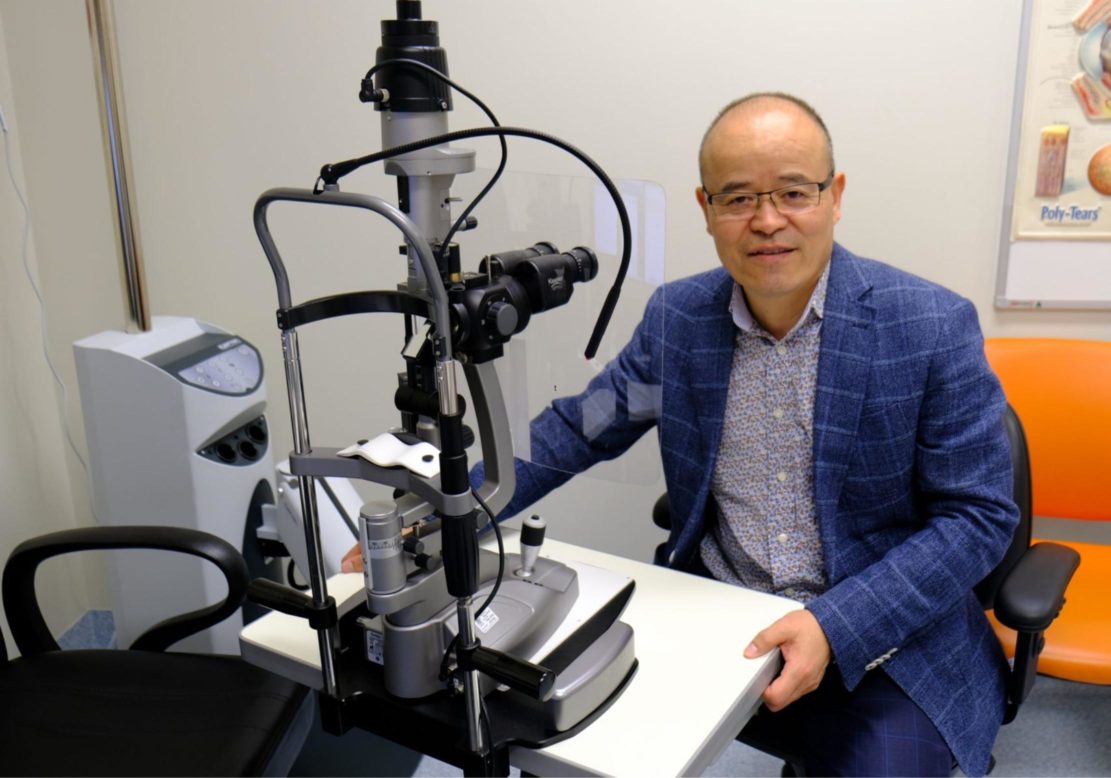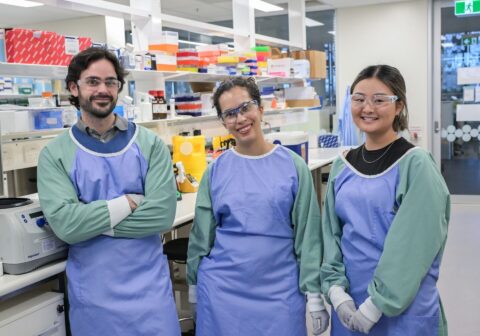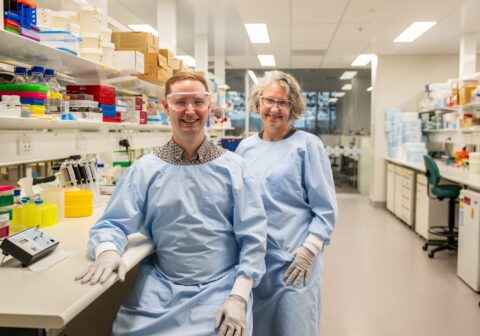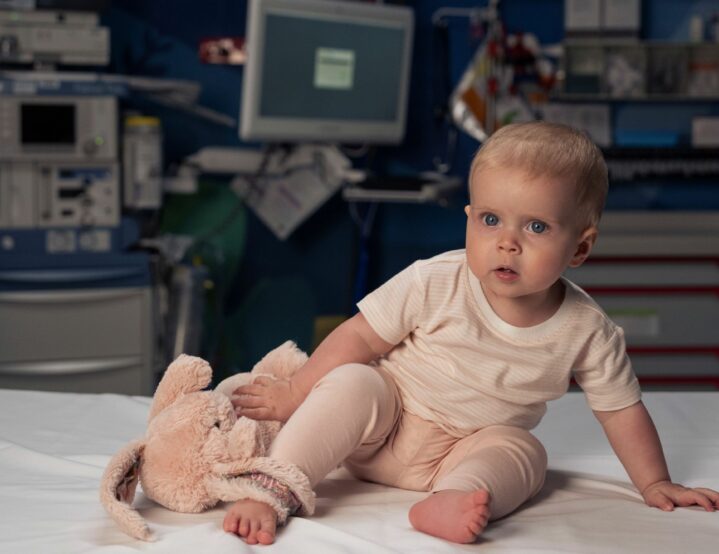An Australian-first study funded by the Children’s Hospital Foundation is set to use artificial intelligence (AI) to diagnose a potentially devastating cause of childhood blindness automatically and accurately.
The results could reduce blindness in babies with plus disease, a severe form of retinopathy of prematurity (ROP) which is caused by abnormal development of retinal blood vessels in premature infants.
ROP is a sight-threatening disease affecting more than 50,000 children across the globe and approximately 3,000 in Australia, and it remains one of the leading causes of infant blindness due to challenges with diagnosis and screening.
Blindness caused by ROP is preventable if it is detected and treated early, and this research aims to improve ROP screening for infants in remote and regional areas where a specialist ophthalmologist is not readily available.
Queensland Children’s Hospital Director of Ophthalmology, Dr. Shuan Dai, who is leading the two-year study, will receive $100,000 of funding thanks to our valued corporate sponsor, The Lott by Golden Casket.
“In Australia, almost half of premature infants born less than 31 weeks, or under 1250g, were diagnosed with ROP, which is a staggering statistic, and the incidence of this has not improved in the past decade,” Dr. Dai said.
“There’s a huge shortage of ophthalmologists who are trained and able to diagnose ROP, particularly in those regional and rural areas, creating inequity in care, and leading to too many children going undiagnosed timely.”
“No child should ever have to live without sight, so it is my hope that we can refine this artificial intelligence algorithm, allowing children in regional and remote areas of Queensland to have the same health opportunities as those based in metropolitan areas, preventing avoidable blindness through early diagnosis and equitable access to treatment,” Dr. Dai added.
To help us continue to work wonders for sick kids through ground-breaking research, donate here.





